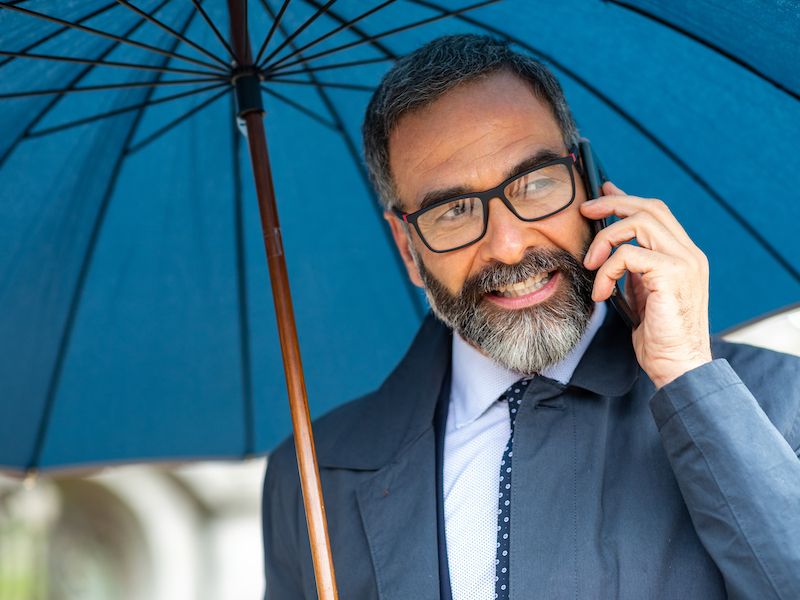
John’s having trouble at work because he doesn’t always make out conversations. He’s in denial and is constantly telling himself that everyone is mumbling. He believes that you should be older to use hearing aids, so he hasn’t scheduled a hearing exam and has been avoiding a hearing exam. Unfortunately, he’s been doing considerable harm to his ears by pumping up the volume on his earbuds. So, sadly, his denial has prevented him from getting help.
But John’s perspective is older than he believes. Because the stigma about loss of hearing is becoming less common. Specifically, with the younger generation, it’s much less pronounced, though you might still see it to some extent in some circles. (Ironic isn’t it?)
What Are The Problems With Hearing Loss Stigma?
Simply put, hearing loss has some social and cultural connections that aren’t always fundamentally helpful or true. For many, hearing loss may be seen as a sign of old age or a loss of vitality. The concern is that you’ll lose some social standing if you admit you have hearing loss. Some might think that hearing aids make you look older or not as “cool”.
This issue could be thought of as inconsequential and not associated with reality. But there are some very real consequences for people who are trying to cope with the stigma of hearing loss. Including these examples:
- Setbacks in your relationships (that wasn’t just selective hearing…you really didn’t hear what was said).
- Occupation setbacks (possibly you missed a critical sentence in a company meeting).
- Putting off management of loss of hearing (resulting in less than optimal results or needless struggling).
- Job hunting problems (it’s unfortunate, but some people may be prejudiced against hearing loss even if it’s not entirely legal).
There are several more examples but the point is well made.
Thankfully, changes are taking place, and It seems like the stigma of hearing loss is truly disappearing.
Why is Hearing Loss Stigma Diminishing?
This decrease in hearing loss stigma is happening for a number of reasons. Population demographics are transforming as is our relationship with technology.
Hearing Loss is More Common in Youth
Perhaps the primary reason that hearing loss stigma is vanishing is that hearing loss itself is becoming a lot more common, especially with younger people (and we’re speaking largely of young adults not children).
Most statistical studies put the number of people with loss of hearing in the U.S. around 34 million, which breaks down to 1 in 10 people. In all probability, loud sounds from many modern sources are the leading reason why this loss of hearing is more common than it’s ever been.
As hearing loss becomes more widespread, it becomes easier to break down the stigmas and misinformation surrounding hearing problems.
We’re More Comfortable With Technology
Perhaps you resisted your first set of hearing aids because you were concerned they would be a noticeable indication that you have a hearing issue. But today hearing aids nearly completely blend in. No one really even sees them. In many cases, newer hearing aids are small and subtle.
But hearing aids also often go unnoticed because these days, everyones ears seem to have something in them. Technology itself is simply so prevalent (and individual) that no one even pays attention when you have a little piece of practical technology yourself.
A Shift in Thinking Long Overdue
There are other reasons why loss of hearing has a better image right now. Recently, hearing loss has been portrayed with more accuracy (and more humanity) in popular culture, and a few prominent celebrities have come forward with their own hearing loss stories.
There will continue to be less stigma about loss of hearing the more we see it in the world. Now, of course, we want to stop loss of hearing in every way that’s possible. If we could determine a way to counter trends in youth hearing loss as we battle hearing loss stigma that would be ideal.
But more people will begin to be ok with seeing a hearing professional as this stigma goes away. This will help enhance general hearing health and keep everyone hearing better longer.
